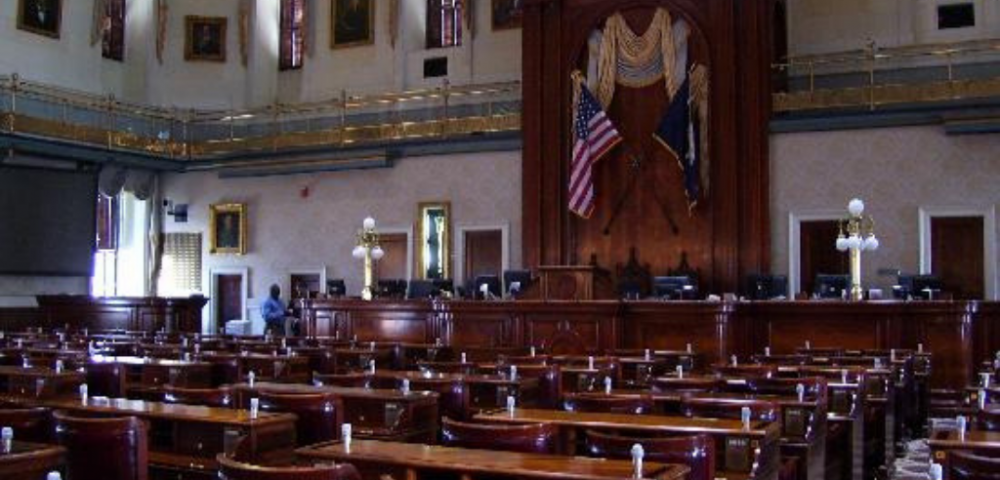Just like that and we’re back to square one with Santee Cooper.
Going into last week South Carolinians were hopeful lawmakers would give a direction on what the future of debt-riddled, state-owned Santee Cooper would look like.
However, after Thursday’s vote, it doesn’t look like that’s the case.
Lawmakers were given three different proposals recommended by the Department of Administration, one to purchase the utility submitted by Florida-based NextEra Energy, one to manage submitted by Virginia-based Dominion Energy, and a reform plan from Santee Cooper itself.
On Thursday, the House of Ways and Means Committee rejected the three proposals presented by the Department of Administration, then moved to negotiate further with NextEra on a sale and move ahead with extensive reforms to Santee Cooper in the interim. Meanwhile, the Senate Finance Committee revealed their decision which was ultimately to give Santee Cooper more time to reform even though the plan didn’t address Santee Cooper’s billions of dollars of debt. Sen. Leatherman appointed a special committee lead by Sen. Setzler and Alexander to take a closer look at the reform plan and see what can be done.
South Carolinians hoping to be free from the burden of Santee Cooper’s debt and mismanagement were likely disappointed by the Senate’s seeming rejection of plans for a solution.
Both, the House and Senate’s decision removed Dominion’s management plan, which also failed to address the billions of dollars of debt owed by Santee Cooper, as an option.
While some senators are holding out hope for Santee Cooper, House members are looking to negotiate a better deal with NextEra that will protect Santee Cooper’s two million direct-serve and electrical cooperative customers and South Carolina taxpayers.
Santee Cooper critics are concerned with the utility’s lack of oversight and years of wasting their customer’s money on failed projects, board member retreats, legal fees, and high-paid executives and golden parachutes.
Michael Couick, CEO of The Electric Cooperatives of South Carolina, Santee Cooper’s largest customer, told senators “They [Santee Cooper] just don’t care.” U.S. News reported that the electric cooperatives are disgusted with Santee Cooper’s treatment and the utility reportedly ignored warnings from the cooperatives about the V.C. Summer project.
Couick went on to say “This is how they make money. They charge what they spend.”
The current reform plan doesn’t address the current debt fully, only cost-cutting measures such as workforce reduction and plant closures, adding to concerns that customers and taxpayers will have to continue paying off the debt through increased rates and taxes.
The current fear among critics is that this reform plan leaves room for Santee Cooper to not change and leaves its ratepayers and customers with a debt burden too large thereby making the company unable to make necessary upgrades and changes in order to have a viable and strong utility.
House members hope that in negotiating a better deal with NextEra who is already promising to resolve the utility’s debt and provide nearly $1 billion in ratepayer relief, the state can move past the largest financial disaster in South Carolina history, move on to other issues, and save customers and taxpayers.
In a recent report from Forbes, Palmetto Promise Institute Chairman Phil Hughes was quoted saying “The offer from NextEra is very generous and resolves all debt. Accepting this offer will allow for real ratepayer relief and taxpayer protection.”
So what happens now?
South Carolinians, will, unfortunately, have to wait even longer to find out what will happen as the House and Senate try to come to a decision, all the while, Santee Cooper’s debt, which increases by around a million dollars each day, will continue to grow and other important issues like education will continue to take a backseat to this issue.
A spokesperson for NextEra was reported by The State as saying they’re open to negotiations.
While House members look to negotiate with NextEra, senators have been tasked with helping improve Santee Cooper’s reform plan. However, critics of a Santee Cooper reform are questioning whether real reform is possible even with legislation and what the government’s role should be in the utility business.

